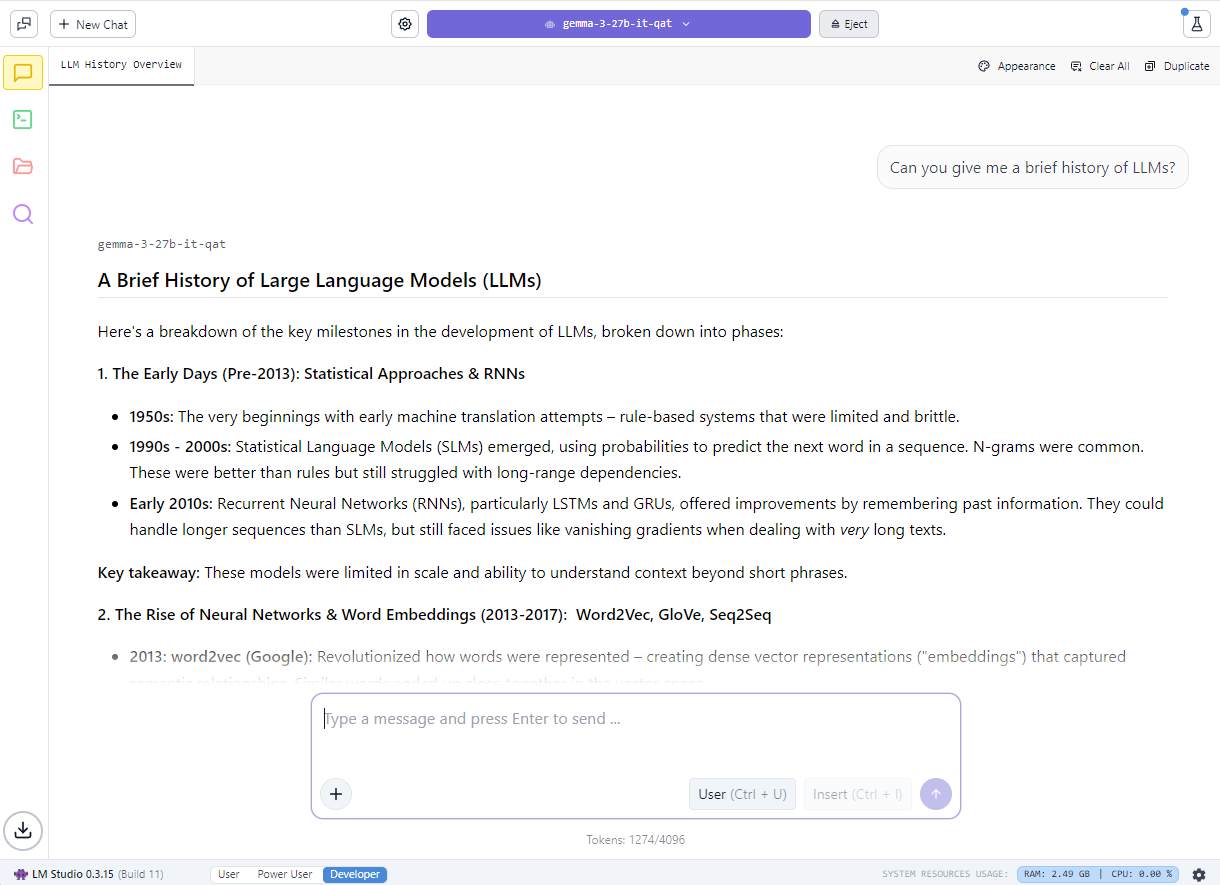African-accented English poses a challenge for ASR systems, but AccentFold offers a unique solution by learning accent embeddings from over 100 African accents. This method helps ASR systems generalize to accents they have never seen before, making it a significant contribution to the field of ML research.
GlitterGPT, a flamboyant GPT-4 stylist, led to surprising insights on LLM behavior, prompting rituals, and emotional resonance. A playful experiment turned into a study on how large language models act more like creatures than tools, challenging the notion of soulful interaction.
ACP enables seamless collaboration among AI agents, bridging gaps between teams, frameworks, and organizations. The open-source protocol simplifies communication, offering REST-based interactions without the need for specialized SDKs.
UK creative industry leaders, including Coldplay and Dua Lipa, urge PM to protect artists' copyright from big tech. Major artists fear livelihoods at risk as AI companies push to use copyright-protected work without permission.
Eating patterns matter as much as what we eat. Modified Dynamic Time Warping (MDTW) helps analyze meal timing and nutritional content.
Model compression is essential in the age of large language models. Learn about pruning, quantization, low-rank factorization, and Knowledge Distillation techniques in Machine Learning.
Creating an MCP server for observability app with dynamic code analysis capabilities excites the writer more than genAI. Lessons learned from initial POCs highlight the potential of MCP as a force multiplier for product value.
The article delves into how statistical misunderstandings can lead to data deception, highlighting the importance of correlation not implying causation. It also emphasizes the significance of remembering base proportions in interpreting data accurately.
CrowdStrike CEO cuts 5% of workforce, credits AI efficiencies for decision. George Kurtz announces 500 positions slashed globally.
Skewed data in energy consumption analysis led to log transformation for normalization. Comparing models using log-transformed outcomes vs log links showed significant AIC difference.
Marketing campaigns are crucial in media and entertainment, but understanding their effectiveness is key. An innovative solution using generative AI and LLMs transforms marketing intelligence, combining sentiment analysis, content generation, and campaign prediction for optimized results.
AI is aiding in disease detection; now it's being used to prevent wildfires. Companies like Pano AI and Green Grid are using AI to detect fires early and prevent catastrophic damage.
AutoML simplifies machine learning but lacks transparency and control. Without proper safeguards, hidden risks can lead to costly errors in enterprise ML workflows.
LM Studio enables high-performance local LLM inference with NVIDIA RTX GPUs. New features like "toolchoice" parameter enhance model control and integration for faster, private AI interactions.
2K's Mafia franchise now streaming on GeForce NOW, including Mafia: The Old Country prequel. Towerborne also joins the cloud family this week, offering looter brawler action with customizable Aces.















